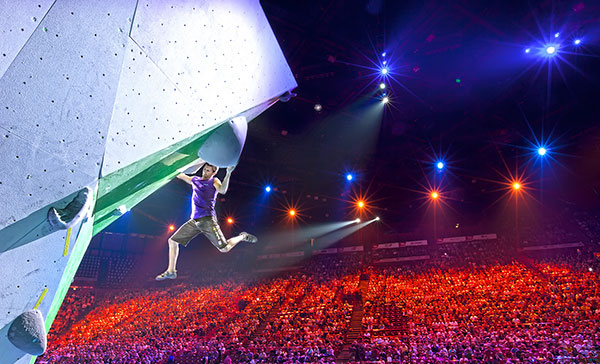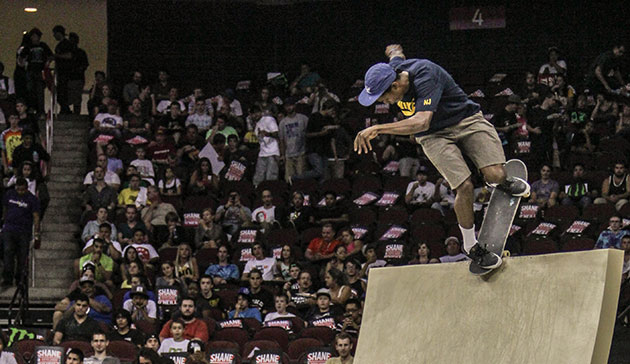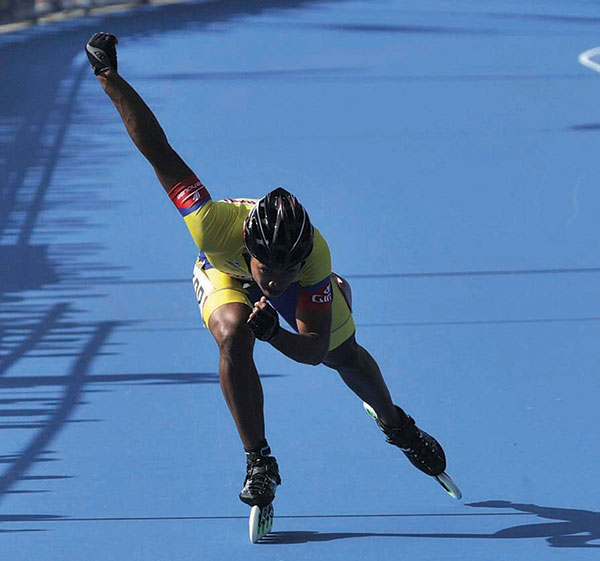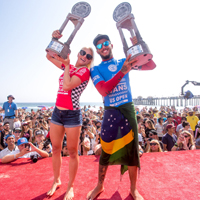
On the eve of the kick-off the Nanjing, China, Youth Olympic Games, running from August 16-28, 2014, the International Olympic Committee (IOC) made an event-altering announcement: Young athletes from Ebola regions of Western Africa will not be allowed to compete in combat events or pool events.
In addition, those from the region will be subject to regular temperature and physical assessment throughout the period of the Youth Games.
This is a doubly sad blow for the young athletes in this area, first having suffered from the tragedies striking their cities and towns, and now, being limited to their ability to participate in what for many, is their first international athlete competition.

The Chinese health authorities have been working with the World Health Organization (WHO) in determining the outcome of these decisions. While they have also said the risk of infection is extremely unlikely, they go on to say “in accordance with WHO guidelines the Chinese authorities are fully prepared should any outbreak occur.”
The organizing committee has made it clear that all delegations are welcome to the Games and each country is free to take their own decision on attendance. In addition, their national flags will be brought into the stadium at the opening ceremony and will be hoisted at the venues.
The athletes who have not been able to participate will also receive in the near future an invitation from the IOC and the organizing committee to come to Nanjing to take part in a sporting competition and to experience the welcoming atmosphere and spirit of the city and Jiangsu province.

The unique aspects of this Youth Games is the addition of inline skating and skateboarding (which have unfortunately been put into the same classification called “roller sports” similar to how skiing and snowboarding were classified together back in the day, and we all know how well that went over), as well as sport climbing and wushu—all hosted in a new venue called the Sports Lab. The idea is to bring these sports into an exhibition format and test whether they are received well and inspire others to get active and enjoy sports.
The concept is an attempt by the IOC to get youth culture interested in the Olympics. But without the actual formats of official competition, its unsure just how stoked fans of these sports, including potential new fans, will be on simply seeing pros ride in a skate park, for example, or climb a wall without the thrill of a real challenge.


